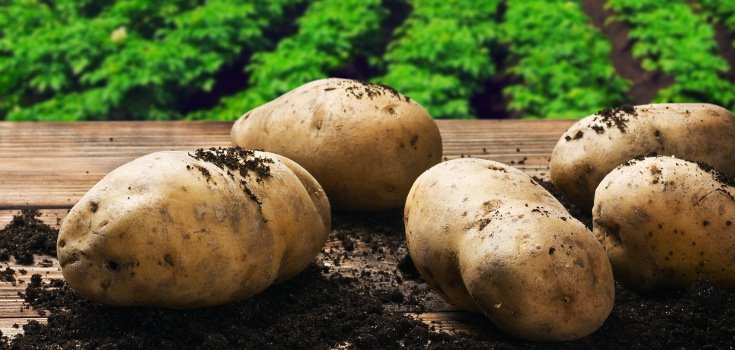Sustainability on Steroids: Organic Farmer Grosses $100K an Acre

We need GMOs to feed the world like a fish needs dry land. A controversial farmer in California is proving that a veritable bumper crop can be had using new farming methods that don’t require GMO pesticides, herbicides, or even weeding, and require 10 times less water than the average farm. The best part – he earned $100K per acre last season without even harvesting all of his land.
What kind of super-fertilizer allows Paul Kaiser to grow so much food on a mere 8 acres? Lot’s of rotten food scraps and rotten plants – otherwise known as compost. And he uses loads of it.
He uses farming practices both old, and cutting-edge-new so well that agricultural specialists from University of California at Davis who have tested his top soil can drive a four-foot steel pole all the way through his fields. This, as opposed to most parts of California, where it would hit infertile hard-pan in less than 12 inches.
Last year, Kaiser’s farm located in Sonoma Valley, CA grossed more than $100,000 an acre, too. This is ten times the average for most farmers of this area, even in lucrative wine-country.
His farm is no mega-farm, either. At just under 8 acres, he is beating even other large organic farms because the soil is still so damaged in other conventional and organic farms alike. He is certainly out-performing Big Ag methods of farming as his unique farming practices have turned the soil into a goldmine.

Kaiser also doesn’t plow his fields (which means a lot less work) and he uses around 10 times less water than his peers. His neighbors still run sprinklers, but he waters for about an hour a week, using almost exclusively drip irrigation. This means that while California is still recovering from a drought, most farmers are watering the air – since most of the water is lost to evaporation. Kaiser is watering – how novel an idea – just his plants.
Read: Russians Prove Small-Scale Organic CAN Feed the World
Many California farmers recently spent millions tanking in water to try to save their crops, while Kaiser just made a healthy annual salary for even most high-paid lawyers. Water was being sold on the black market for ridiculous prices, but you can bet Kaiser wasn’t paying them.

Kaiser is a bit of a mad genius, and a dreamer, too. He rattles off statistics at local talks he gives about exactly how he grows so sustainably, often including surprising facts. For example, he leaves his roots in the ground after harvest to feed the worms. He sounds a bit like a Martin Luther King for growing green:
“Sustainable farming methods are just one corner,” he said. “Economic sustainability is another, and social sustainability is the third.”
During a recent Sunday farmers’ market, representatives of several different agricultural organizations approached Kaiser, each asking him for advice. Now, when billed for talks, he often packs the house.
Kaiser envisions small farms near every city around the globe, even in the most dry, arid climates, and with the proof of his own sweat, and soil, I believe his dream is possible.
Additional Sources:
This article is adapted from “The Drough Fighter,” by Todd Oppenheimer, originally published in Craftsmanship Magazine (www.craftsmanship.net), Photos by Christopher D. Cook.
